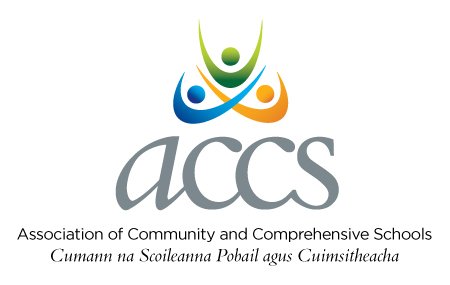A group from our school is travelling aboard to a school in Europe on a foreign exchange programme. What indemnity and risk management considerations should be considered?
State indemnity, as operated by the State Claims Agency, indemnifies the School, its servants and/or agents in respect of any claims for personal injury and/or third-party property damage, arising from their negligence. State indemnity extends to all school activities, to include foreign exchange programmes, once formally approved by school management.
It is worth noting that the indemnity provided by the SCA is in respect of a negligent act on the part of Community & Comprehensive Schools, its servants and/or agents and does not extend to accidental injuries. We would advise that consideration be given to taking out personal accident insurance for such risks including those abroad. This would include the cost of emergency department treatment and any subsequent medical costs. In addition, as the participating school is in the European Union, each participant should ensure that they obtain a valid European Health Insurance Card (EHIC) for the duration of the trip.
As State indemnity cannot extend to cover the negligent acts of third parties, any third parties being engaged (foreign exchange school, bus hire etc) should have the appropriate insurances in place to cover their negligence. The recommended indemnity limits for public liability cover is €6.5 million. The territorial and jurisdictional limits should include the Republic of Ireland.
In line with our advice we note each participant will be required to complete a disclaimer form which should outline the general rules and regulations regarding participation in the exchange programme and highlight any risks associated with the activity. However, it should be noted a disclaimer form cannot absolve the school from all liability in particular regarding their duty of care to students.
In relation to school exchange programmes, the following risk management controls should be considered:
The exchange programme and associated activities should be formally approved by the Board of Management.
Consult with the Department of Foreign Affairs on advice for school trips travelling abroad e.g. register the details on the Department’s Citizens’ Registration System.
Procedures should be in place to ensure that that host families are suitable to host the students in question i.e. vetting of families.
Risk assessment - as with any activity a risk assessment must be completed prior to the exchange and identified control measures implemented.
Ensure each participate has a valid passport for the time frame of the trip.
Ensure each participant has provided contact details e.g. emergency contacts and any medical requirements.
Develop an emergency plan with relevant contact details for local Irish Embassy or Consulate.
Communicate detailed information to parents etc.
Travel insurance (in addition to personal accident insurance) should be purchased by all students. Travel insurance will provide cover for risks like medical expenses, missed flights, missing baggage etc. If a student sustains injuries while on exchange, the school could still be pursued under State indemnity if it was deemed that the school was negligent e.g. student sustained injuries as the host family was not suitable.
Formal agreements should be put in place with the foreign exchange school outlining the roles and responsibilities of all involved. e.g. who is responsible for vetting families, duration of stay, activities to be carried out etc.
